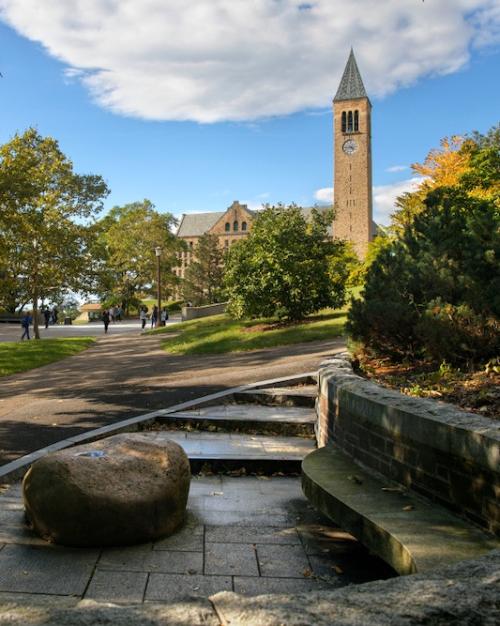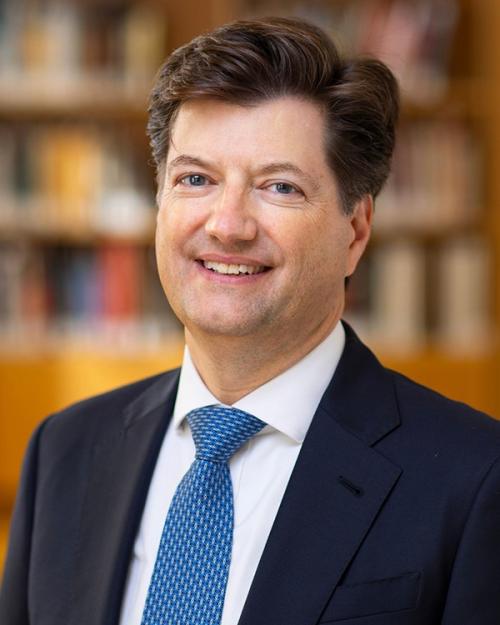Alex Bohler
Archaeology
Cooperstown, N.Y.
What was your favorite class and why?
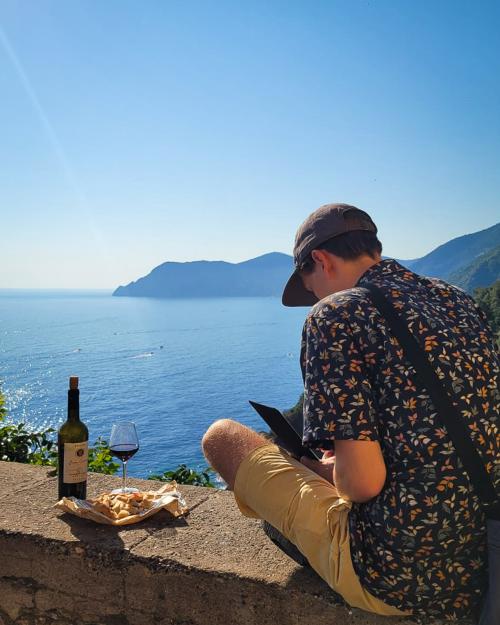
My favorite class has been Mushrooms of Field and Forest taught by Professor Kathie Hodge. In this class you learn about fungal biology and identification through collecting actual specimens in the field. This class was a natural choice for me to take. I spend my summers hiking and spending time in nature, and mushroom foraging has been an interest of mine for a long time. It was great to be able to decompress from my other classes by going on the mushrooming hikes each week, getting to know the others in the class. At one point I wasted about 30 minutes and got separated from the group because I found the foundation of an old house in the woods (the archaeology grind never ends). It was also great to take this class as a senior, as it felt like a good way to wind down and enjoy my final year.
What is your main extracurricular activity and why is it important to you?
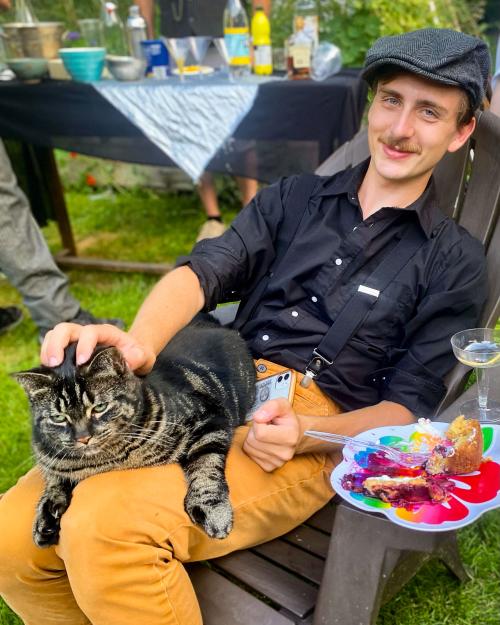
I'm the president of the Original Cornell Syncopators, a student run jazz band that specializes in music from the 1910s to 1930s. I've really loved jazz music since high school, especially early "New Orleans" and "Swing" styles. In fact, I knew about the Syncs before applying and it was one of my goals to join. My participation in the group started the spring of my sophomore year, when the previous president Zeke Lawrence (who co-leads the band with me now) needed someone to sub in for a rehearsal. I became the vice president of the band my junior year, and the president my senior. Through the Syncs, I've had the opportunity to meet and play with some extremely talented musicians. If I could be so bold, I'd say we're one of the best college swing bands out there.
What have you accomplished as a Cornell student that you are most proud of?
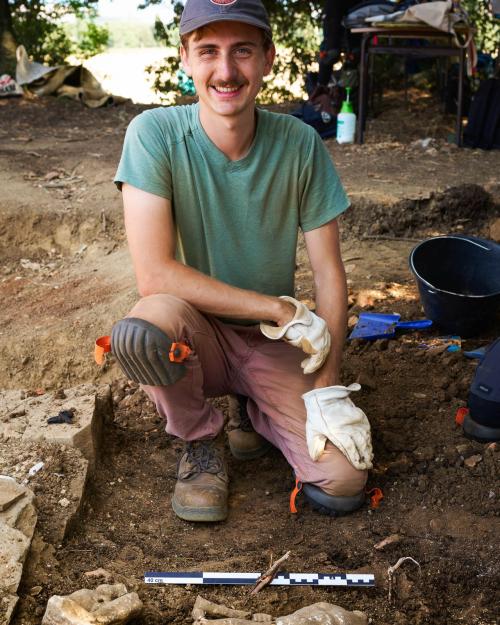
I think I am most proud of all the independent research I done in my time here. As someone who finds personal research projects very rewarding, I appreciate how much it is encouraged at Cornell. I started doing independent research my sophomore year. My professor, Sherene Baugher, knew of my interest in the archaeology of clay smoking pipes and offered a collection of pipes from a site excavated by Cornell archaeologists to study. Since then I've written two papers on pipes, both of which have been included in government reports to the Historic Sites Bureau of the New York State Park Office of Parks, Recreation, and Historic Preservation. The research I am most proud of, though, is my senior thesis, which explores the threats of sea level rise and climate change to New York's coastal archaeological sites in the coming decades. Environmental issues have been important to me for a long time, so I knew I wanted to incorporate that into my thesis. New York's archaeological sites, while comprising an irreplaceable record of our past, are particularly vulnerable to damage or destruction as climate change intensifies. The main focus of my thesis is how the New York archaeological community can start effectively documenting and preserving these sites before it is too late. No one seems to have published something like this tailored to New York before, so I hope my work will be able to make a difference.
How have your beliefs or perspectives changed since you first arrived at Cornell?
I discovered that I'm not the kind of student that fits neatly into the box of one major or field. My interests vary a lot, and over the course of my time here there have been multiple times I debated switching my academic pathway entirely. I've considered environmental science, information science, Asian studies and music. I even wanted to become a pomologist for a while! Ultimately though, I discovered that I could incorporate nearly all of these things into my journey studying archaeology. I took Mandarin for three years and got a minor in East Asian studies. I've taken classes in GIS and mapping technologies. My thesis incorporates environmental themes. I lead a jazz band. I spent my senior fall visiting apple orchards and wild apple trees, learning about the science and history of cider. I've realized that you don't necessarily have to give up all your other interests, and Cornell makes it easy to explore them through both academic and non-academic means.
If you were to offer advice to an incoming first year student, what would you say?
My best advice to incoming students is to keep an open mind, and to be patient. Coming to college can be an intense experience, especially someplace as big and diverse as Cornell. Try to not stress yourself out. You may not know what you want to pursue, and you may struggle at first to find your "people," but give it time and you'll figure it all out! Don't be afraid to explore all your interests, or take a class that you think you might struggle in. Some of the choices or decisions that have had the biggest impact on me were ones made on a whim, or that I almost chose not to make.
Every year, our faculty nominate graduating Arts & Sciences students to be featured as part of our Extraordinary Journeys series.Read more about the Class of 2025.
